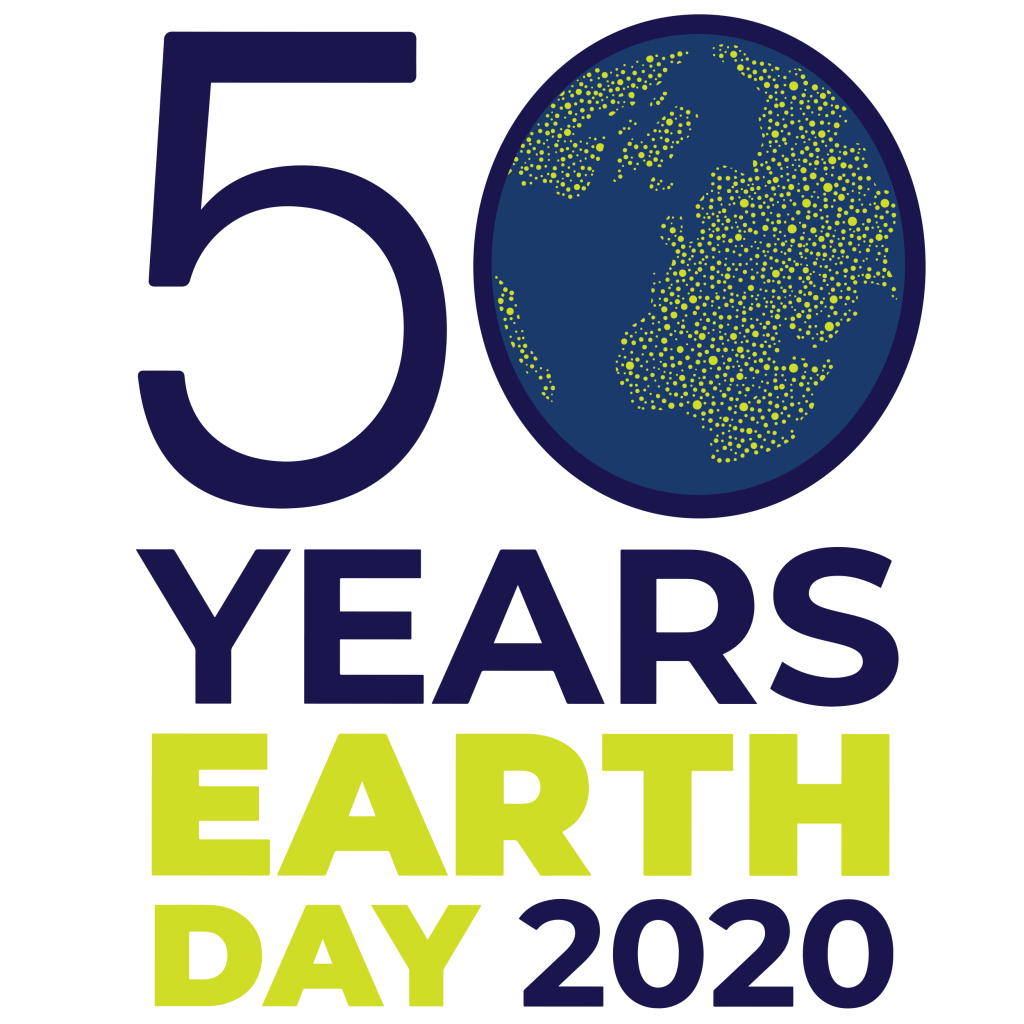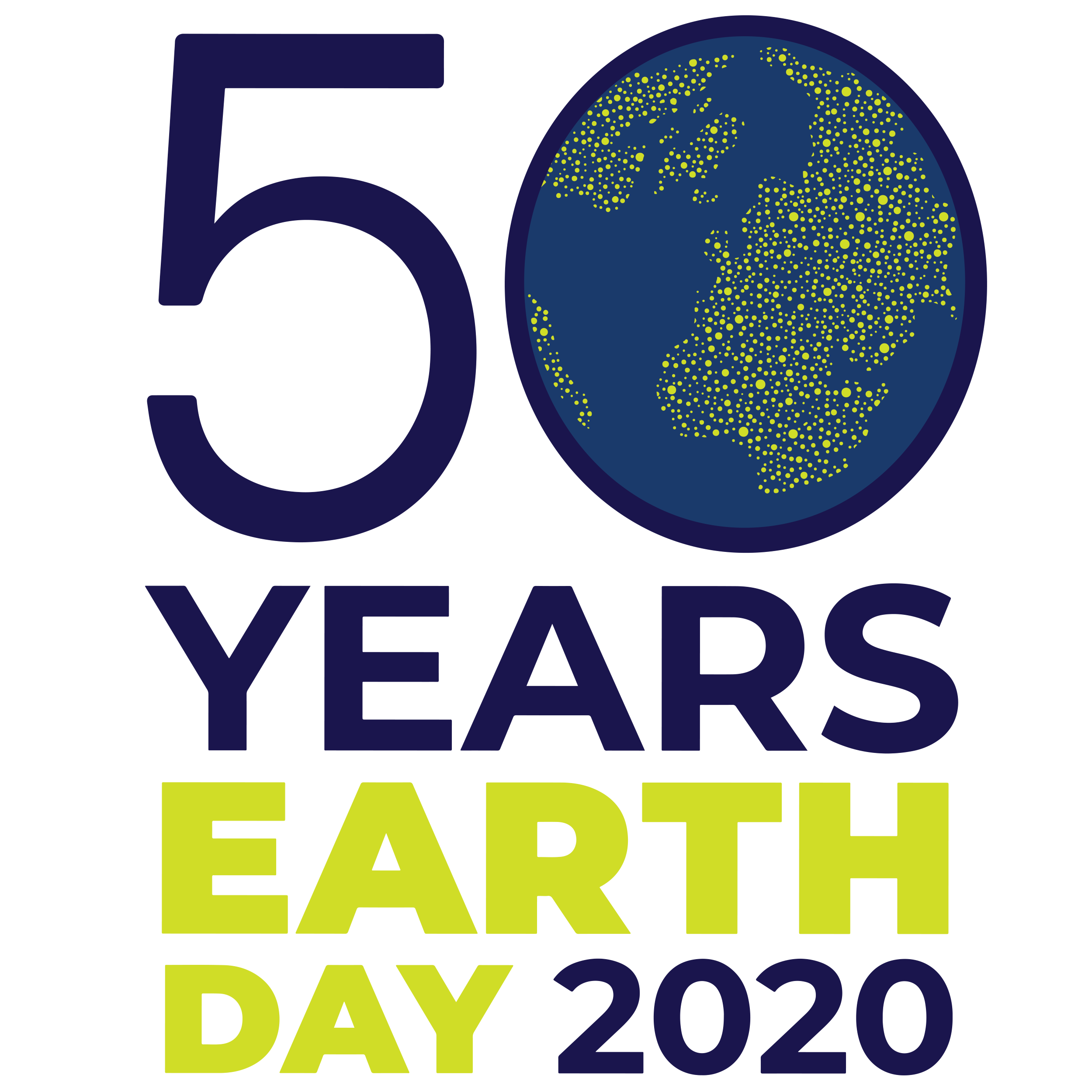
Today marks the 50th anniversary of the Earth Day movement since its origin in 1970, and this year’s theme centers on climate action.
The theme is timely but challenging. With the COVID-19 pandemic affecting countries in all continents, most if not all attention and energy are being poured into addressing the pandemic. But this does not mean we should forget the urgency to forward climate action.
The United Nations Environment Programme , in its annual Emission Gap Report in 2019, underscored that even if all current unconditional commitments under the Paris Agreement are implemented, temperatures are still expected to rise by 3.2 °C, bringing even wider-ranging and more destructive climate impacts. The call for a collective ambition must increase more than five-fold over current levels to deliver the cuts needed over the next decade to achieve the 1.5 °C goal. The Intergovernmental Panel on Climate Change has warned that going beyond 1.5 °C will increase the frequency and intensity of climate impacts.
This is a tall order, and transformative action is needed.
Indigenous peoples, even before climate change became a buzzword, have been responding to this call. Their lands make up around 20% of the Earth’s territory, containing 80% of the world’s remaining biodiversity–a clear sign that indigenous peoples are the most effective stewards of the environment. Several studies and reports have documented the important role that they play, the traditional knowledge, resilience and creativity that they employ in the many ecosystems that they inhabit within their lands and territories which also contribute to enhance the resilience of these ecosystems.
However, indigenous peoples are also among the first to face the direct consequences of climate change, as they have intertwined their lives and depend on the environment and its resources. Climate change increases the already precarious situation that they faced apart from political and economic marginalization, loss of land and resources, human rights violations, and discrimination.
As we celebrate this year’s Earth Day and call for an increased ambition and commitment to global and more localized initiatives for a livable, sustainable Earth, may we not forget to also call for genuine, amplified support to the indigenous peoples, the planet’s frontliners and defenders.
Article by Dazzle Labapis, NTFP-EP




